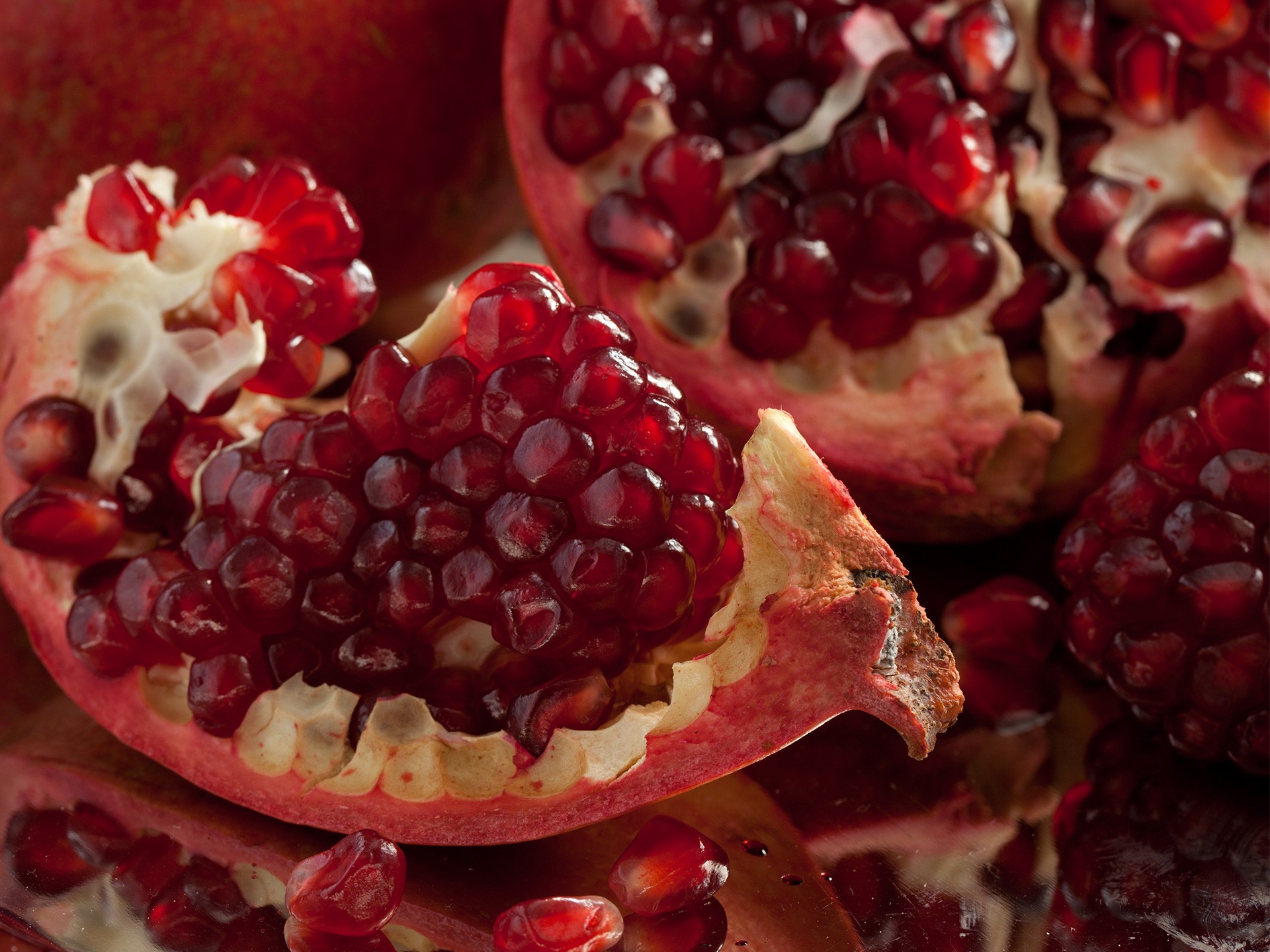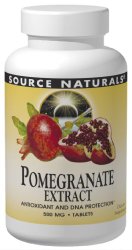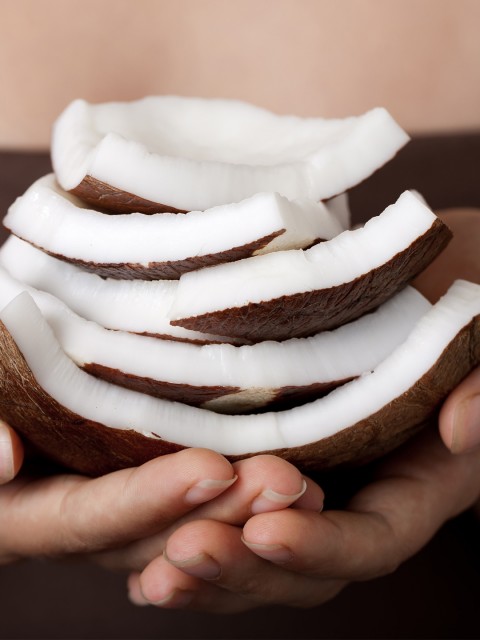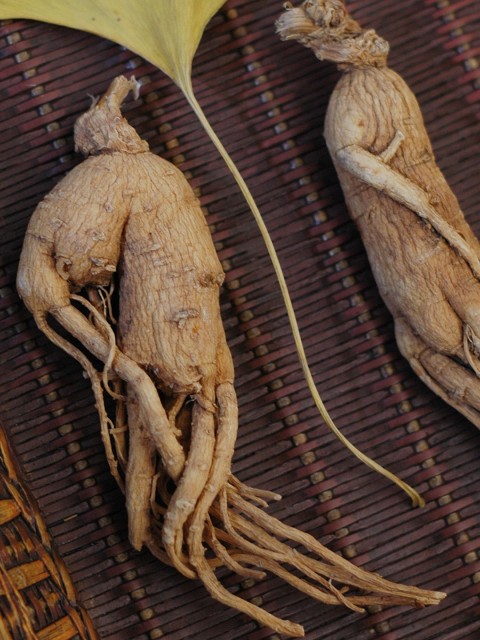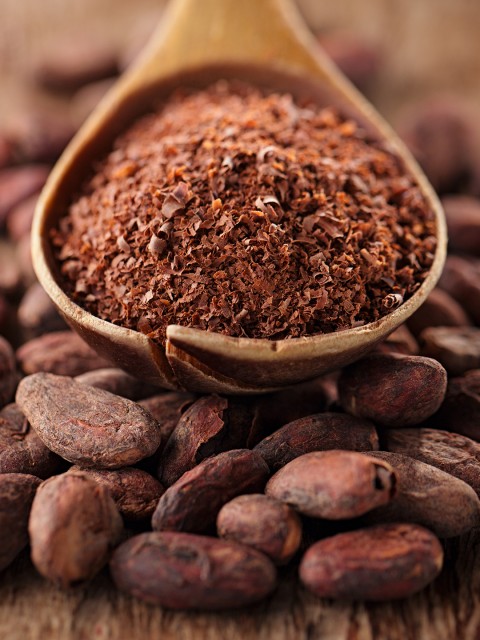Pomegranate, often mentioned in the Bible, is a nutritious herb valued for its health benefits especially when it comes to reducing body fat and excess triglycerides.
Pomegranate or Punica granatum means “apple with grains.” This valuable plant has been used for hundreds of years and even referred to, in the Bible, in the song of Solomon.
I would give you a drink of spiced wine, the fresh juice of pomegranates. Song of Solomon 8:2 (NWT)
According to Duke’s Handbook of Medicinal Plants of the Bible, Jewish legends suggest that the pomegranate has about 613 seeds, the same number of laws God gave to Israel. While pomegranate rinds are used for tanning Morocco leather, thus giving a yellow color, in China this plant represents fertility where women offer this plant to the Goddess of Mercy to have children. In Spain, pomegranate is the national flower emblem.
Even though pomegranate is used in different ways for various purposes such as gelatin desserts, puddings, or sauces, this plant is rich in fiber, potassium, vitamin C, tannins and flavonoids and is very healthy to eat as such, fresh.
Pomegranate Benefits
Not only tasty, but this nutritionally rich and healthy ancient pomegranate has excellent benefits for human health.
- It boosts metabolism
- It may protect against some cancers
- Good for heart
Based on some research results it has been suggested that because pomegranate has phytonutrients and antioxidants, it may help slow the growth of cancerous cells and due to its astringent properties, it is believed that pomegranate helps in the treatment of diarrhea.
In a study, Dr. Dean Ornish (the writer of The Spectrum: A Scientifically Proven Program to Feel Better, Live Longer) found that people who drank pomegranate juice each day for only three months had improved blood flow to the heart.
